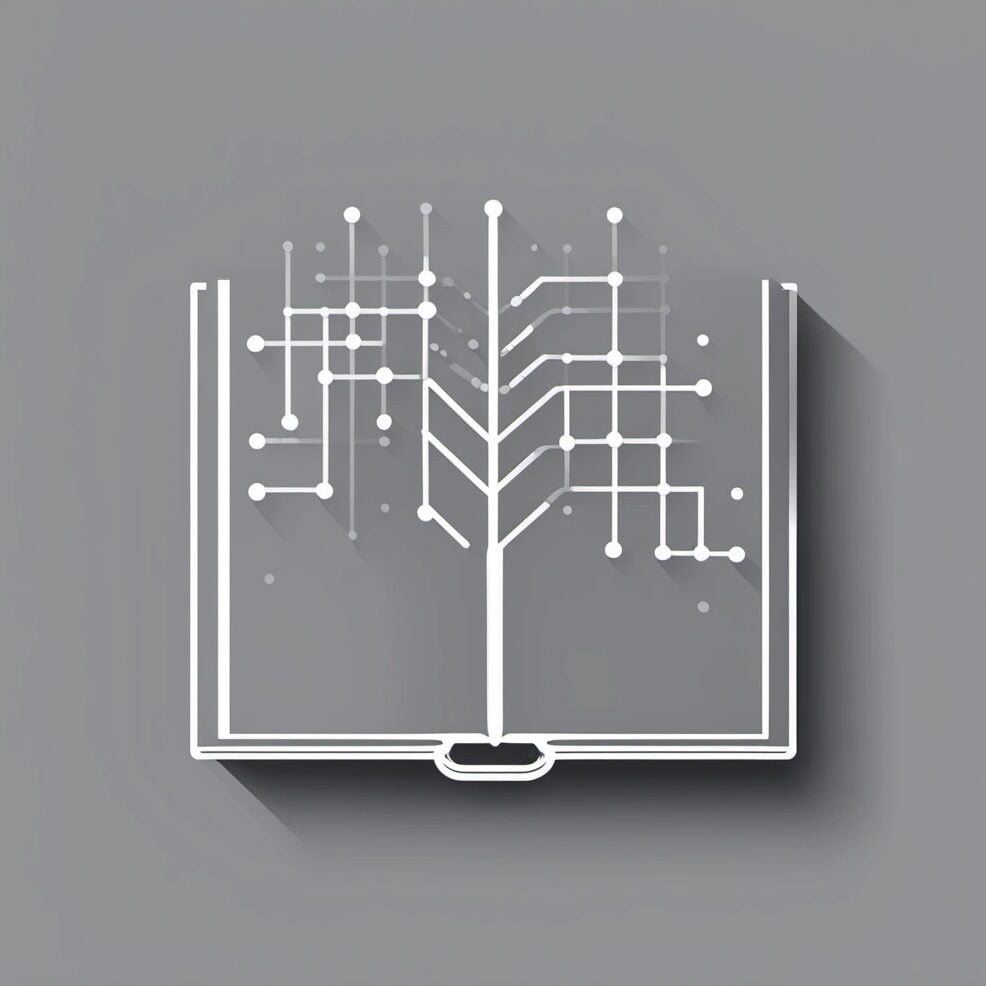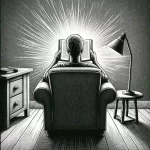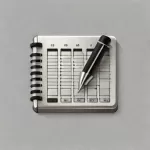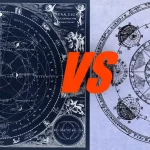Literature is more than just words on a page, serves as an archive of human experience, emotion, and imagination. For those who possess a profound passion for reading and a boundless curiosity about the stories told within the pages, literary analysis is a captivating odyssey into the heart of literature. In this exploration, we will embark on a journey into the world of literary analysis, unveiling why it’s a compelling endeavor that deepens our appreciation for written works.
The Significance of Literary Analysis
- Unlocking Hidden Meanings: At its core, it’s is a method of uncovering the concealed meanings, themes, and subtext within a piece of literature. It’s like peeling back the layers of an onion, revealing the intricate details and connections that might go unnoticed by a casual reader.
- Connecting with Authors: Through analyzing literature, we can establish a profound connection with the authors who penned these works. We gain insights into their intentions, backgrounds, and the societal or historical contexts that influenced their writing.
- Enhancing Critical Thinking: Engaging in literary analysis sharpens your critical thinking skills. It encourages you to question, reflect, and analyze. It’s an intellectual exercise that challenges you to explore different perspectives and interpretations.
The Tools of Literary Analysis
- Themes and Motifs: One of the foundational aspects of literary analysis is identifying the recurring themes and motifs in a text. These are the ideas and symbols that carry the narrative’s deeper messages.
- Character Development: Analyzing how characters evolve throughout the story is another crucial element. It provides a window into the author’s intentions and the thematic undertones of the narrative.
- Symbolism and Imagery: It delves into the use of symbolism and imagery. Authors often use these tools to convey complex ideas and emotions indirectly.
- Narrative Techniques: The techniques an author employs, such as point of view, style, and structure, are also important facets of analysis. They affect how the story is presented and can be windows into the author’s intentions.
Getting Started with Literary Analysis
Beginning your journey in literary analysis doesn’t require a degree in literature. What it does demand is a passion for reading, an inquisitive mind, and a willingness to explore. Here are a few steps to begin:
- Choose Your Material: Select a piece of literature that resonates with you. It can be a novel, a poem, a short story, or even a play. Your enthusiasm for the text will be a driving force in your analysis.
- Read Actively: Start by reading the text actively. Pay attention to details, take notes, and highlight passages that stand out to you. It’s essential to approach the text with a critical eye.
- Ask Questions: Begin asking questions about the text. What themes do you see? How do the characters change? What is the author trying to convey? Your questions will guide your analysis.
- Research and Discussion: Delve into research and engage in discussions. Read what others have said about the text, join book clubs or online forums, and exchange ideas. The perspectives of others can enrich your analysis.
Conclusion
In conclusion, literary analysis is a journey that leads to a deeper understanding of the written word. It’s not only about dissecting a text; it’s a process of unraveling the intricate layers of human thought, emotion, and creativity. Whether you’re a literature enthusiast, a student, or simply someone who appreciates the power of a well-told story, literary analysis is a doorway to a richer, more profound relationship with literature. So, pick up a book, embrace the world of literary analysis, and embark on a journey that will forever enhance your love for reading and storytelling.









